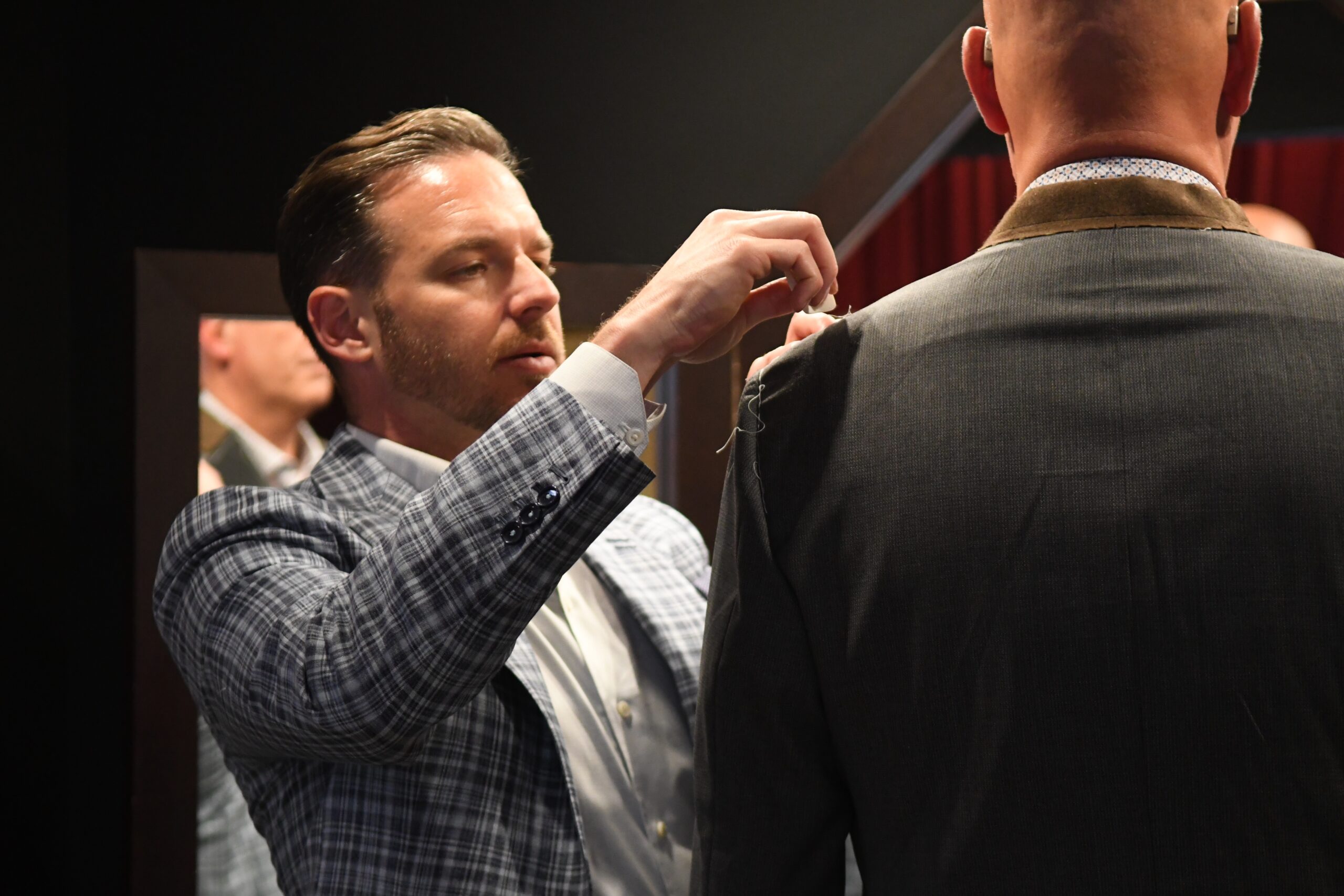We’re taught from birth that it’s not just what you say, but how you say it, that matters more. This typically deals with word choice and tone of voice, as it should. Accents, on the other hand get less attention. To that end, we’re discussing regional accents and image. It’s a crucial component of the Communication aspect of the ABC’s of Image.
Please note that this post’s focus is on English. We’re aware that other languages worldwide have their own accents and dialects, but we do not claim any expertise in that regard.
What Is An Accent?
 The dictionary definition of an accent is “a distinctive mode of pronunciation of a language, especially one associated with a particular nation, locality, or social class.” Linguistically and etymologically, accents are fascinating. They’re also complex, with regional accents varying from area to area. A native Chicagoan and a native Minnesotan are both Midwesterners, but they’ll sound a bit different.
The dictionary definition of an accent is “a distinctive mode of pronunciation of a language, especially one associated with a particular nation, locality, or social class.” Linguistically and etymologically, accents are fascinating. They’re also complex, with regional accents varying from area to area. A native Chicagoan and a native Minnesotan are both Midwesterners, but they’ll sound a bit different.
Most of us speak with some sort of regional accent. The actual sounds and words you use are largely a result of the historical ethnic makeup of the people who live(d) in your region. If you come from a place with a sizable German-American population, for example, your speech will be inflected as such.
Some accents are quite popular. In our post-Good Will Hunting world, you’d be hard-pressed to find an American unfamiliar with a Boston accent and its, ahem, wicked hahsh delivery. Being Philadelphia natives, we appreciate Tina Fey’s effort in bringing the Philadelphia accent into the national spotlight in all its wooder-y glory.
Some accents are, in fact, “non-accents.” Relative to other regions, Southern Californians have pretty even-keel diction that can be tough to pin down from a geographical perspective.
How Can A Regional Accent Impact Your Image?

Always remember: whether we try to or not, we make snap judgements about those around us constantly. The distinctiveness of an individual’s accent can conjure up pre-conceived notions about the person speaking. An easy example is New York. Ill-deserved as it may be, New Yorkers have a reputation (an image, if you will) of being gruff, rude, and impatient. When a non-New Yorker hears this, they will likely assume that the speaker has these personality traits.
Another example would be a Southern accent. To Northerners, a Southern accent sounds genteel, unassuming, and folksy. You could be talking to a hardened criminal, but your wiring will tell you to trust the very nice man with the drawl.
Speaking With An Accent
As with all things image, you need to be mindful of your audience. Because accents are regional, speaking with one (or not) can be valuable to you. People like to do business with people like themselves. If you’re a Philadelphian doing business with other Philadelphians, speaking with a Philadelphia accent won’t bring you any harm. It may help you, but how?
When you share a native accent with someone, it becomes clear that you are “one of them.” It’s a subtle way of claiming insider-dom, but it can engender trust in a way that little else can.
The key here, though, is authenticity. It’s one thing for two Philadelphians to speak to each other and allow their accents to organically reveal themselves. It’s quite another to intentionally adopt an accent in an attempt to create rapport, which will backfire.
Some other tips on accents:
- Northeastern accents (Boston, New York, and Philadelphia) can come off as uneducated and rough around the edges to people from other areas.
- Depending on the region, Southern accents can be seen as sophisticated and charming – think the “gallant South,” such as Atlanta or Charleston. The flip side of that coin is the “dirty South,” where the drawl is so thick that it comes off as uneducated.
- Americans tend to think of “proper” British accents as intelligent and refined. Cockney accents (those from working-class areas of London and its suburbs) have the opposite effect.
- It’s hard to go wrong with proper diction, particularly in a first impression scenario.
In Conclusion
The way that we speak can and will influence how those around us perceive us. While we don’t necessarily advocate for changing your speech outright, it’s important information to be aware of as you go through life.
Ready to take a stronger hold of your image? Give us a call at 215-310-0219 or email us at info@henrydavidsen.com to start a conversation.



